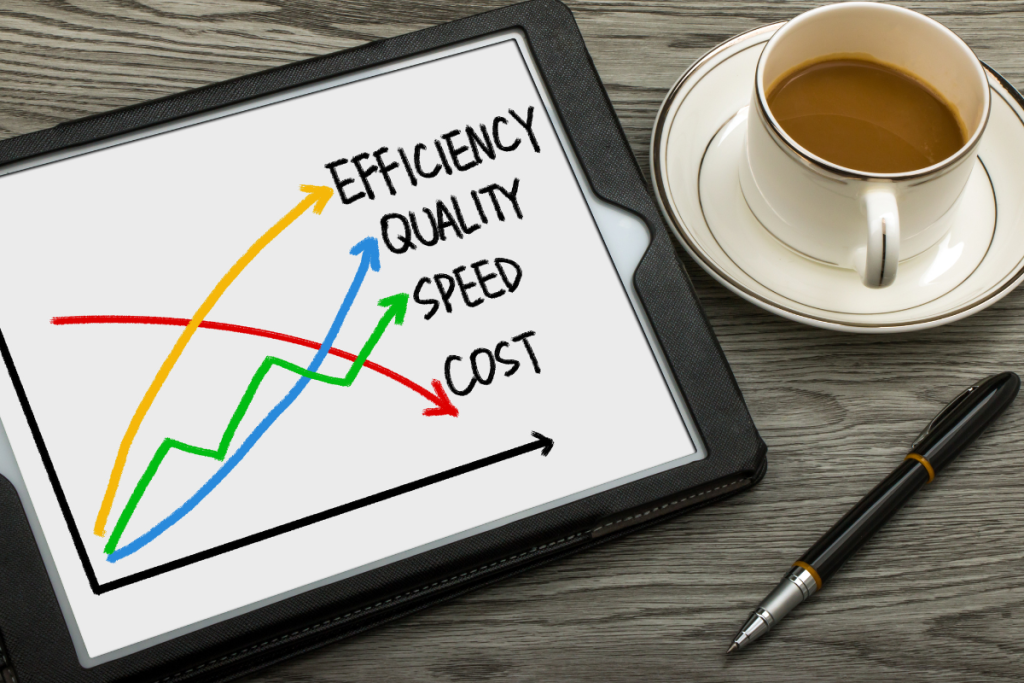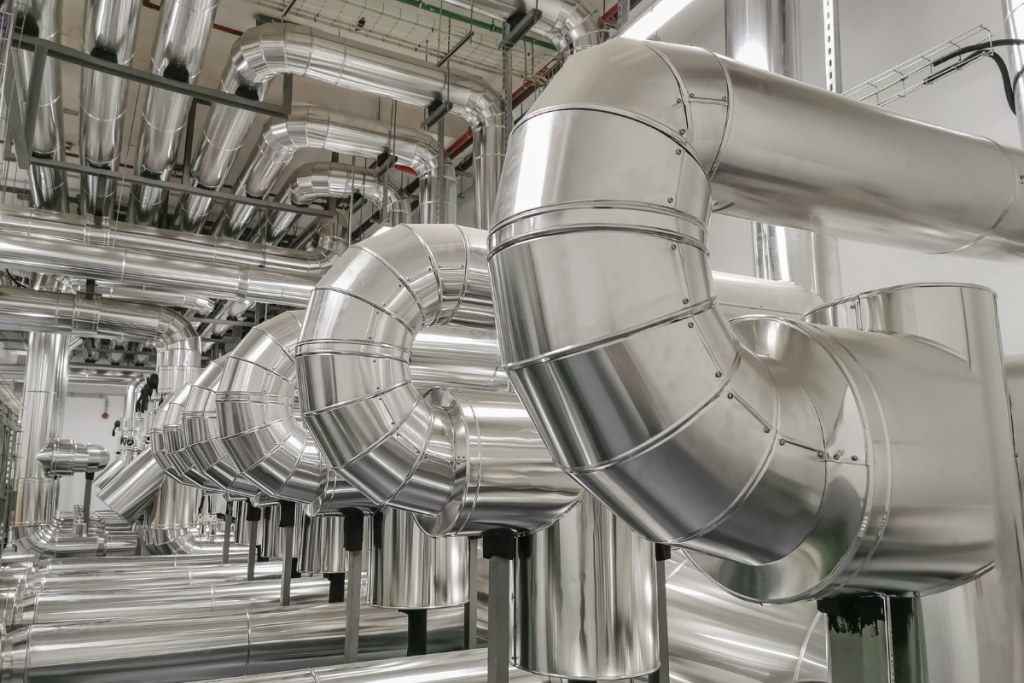With winter almost upon us, commercial building owners and property managers must prepare their HVAC systems for the colder months. Proper HVAC winter preparation ensures a comfortable indoor environment, helps maintain energy efficiency, and prevents costly – and preventable – breakdowns.
Here are the essential steps required to get your commercial HVAC system ready for when the temperatures drop:
Schedule Professional Maintenance For Proper HVAC Winter Preparation
The first and most crucial step is scheduling professional maintenance with your HVAC service provider. An experienced technician will inspect your system, clean components, and identify potential issues that may negatively affect system performance. Regular maintenance can also improve your energy efficiency and prolong the life of your equipment.
Read More: How To Choose The Right Commercial HVAC Contractor
Replace Air Filters
Clean air filters are essential for maintaining optimal indoor air quality (IAQ) and efficient HVAC system operation, especially during the winter when your system is working its hardest. Clogged filters restrict airflow, making your HVAC system less effective, driving up energy costs, and causing excessive wear on your components.
Inspect And Clean Ventilation Systems
Proper ventilation is vital for indoor air quality and comfort. Inspect and clean ventilation ducts, removing dust, debris, and contaminants that may have accumulated. Ensuring unrestricted airflow through ventilation systems is especially important in the winter when buildings are sealed tight to conserve heat. Be sure to have a professional perform this service for you and ensure proper HVAC winter preparation.
Check Thermostat Settings For HVAC Winter Preparation
Review and adjust your thermostat settings for the winter season. Program the thermostat to lower temperatures during unoccupied hours and raise them when the building is in use. This strategy helps save energy while ensuring a comfortable environment for your occupants.
Monitor Humidity Levels
Maintaining proper humidity levels in your building is essential for comfort and health. Dry winter air can lead to discomfort, exacerbate respiratory issues, and cause dry skin and eyes. Consider installing a humidification system to keep indoor humidity levels within the recommended range of 40 – 60 percent to minimize the transport of airborne pathogens for cold and flu season.
Seal Leaks And Gaps
Check for gaps and leaks in windows, doors, and around ducts. Proper insulation and sealing help maintain indoor temperatures and reduce the workload on your HVAC system. This step is essential for both energy efficiency and occupant comfort.
Remove Debris Near Outdoor Units
Check the outdoor and rooftop units for debris that could drop into the fan and break the internal components. Leaves, branches, and debris from wildlife all have the potential to impact the performance of your HVAC system and the comfort of your building occupants.
Inspect Pipes And Ductwork
Cold temperatures can cause pipes and ducts to freeze, leading to costly damage. Insulate exposed pipes and ductwork to prevent freezing and maintain efficient operation. Insulation properly installed by a professional helps reduce heat loss and lowers energy consumption. Also, check for mold and mildew around the pipes and do what is necessary to eliminate it.
Prepare For Emergencies With Proper HVAC Winter Preparation
Winter storms and extreme cold can lead to power outages. Ensure your HVAC system is equipped with backup power options, such as generators, to keep critical heating systems running during emergencies. Regularly test these backup systems to ensure they are operational.
Educate Building Occupants
Send information to your building occupants about good energy-saving practices during the winter. Encourage them to dress warmly and promote energy-efficient behaviours to reduce the strain on your HVAC system.
A final note: now that we’ve gone through the warmer season and your cooling system is no longer working on overdrive, it might be a good time to check your air conditioning. Inspecting the cooling system now will support a smoother startup next summer and save you from scrambling to carry out last-minute repairs and upgrades.
Call Today For An HVAC Maintenance Inspection From Springbank Mechanical Systems
The best investment you can make in your commercial HVAC system is a routine maintenance program that ensures your parts and equipment are ready for the heavy load of keeping your buildings warm and comfortable all winter.
We specialize in maintaining, servicing, and replacing all brands, types, sizes, and configurations of commercial HVAC equipment, including economizers, rooftop units, water-cooled heat pumps, cooling towers, hot water boilers, circulating pumps, steam humidifiers, makeup air units, and much more.
Contact us anytime to discuss how Springbank’s maintenance program can help you enjoy worry-free HVAC efficiency that pays you back in lower energy bills over the long term.
Gregg Little, Paul DeThomasis, and Hugo Lopes are co-owners of Springbank Mechanical Systems. You can reach them at 905-569-8990 or via email at gregg@springbank.com, paul@springbank.com, or hugo@springbank.com.






